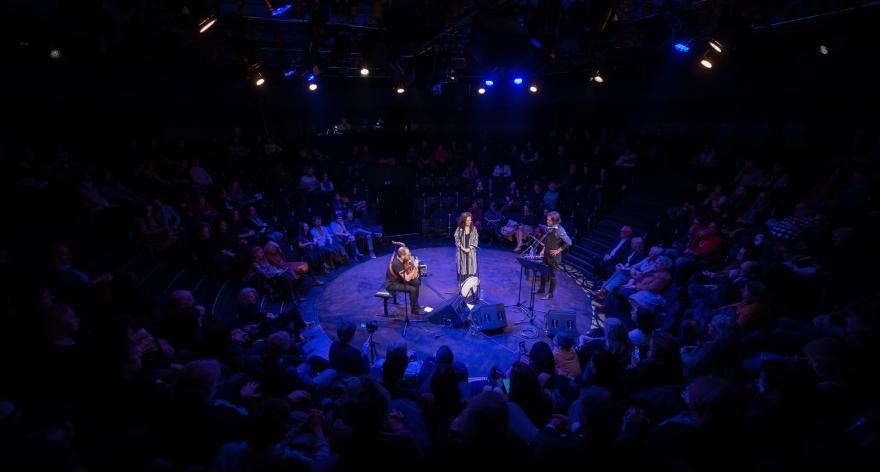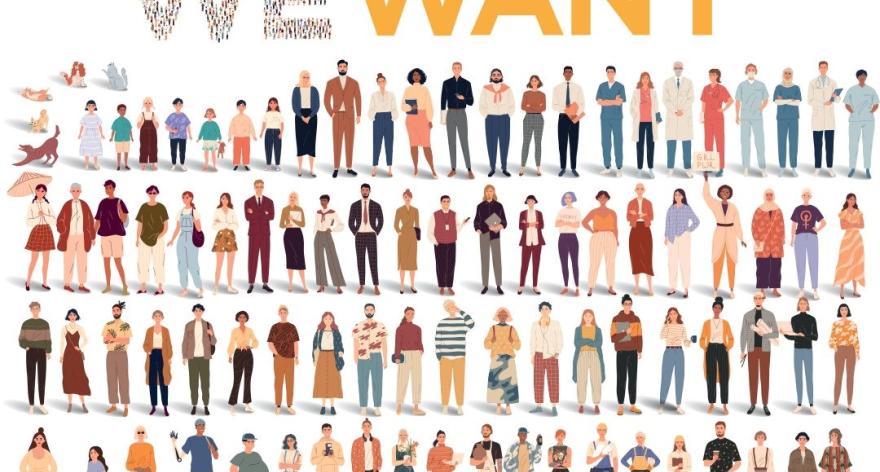The city of Ljubljana celebrates the Mediterranean

Within the Anna Lindh Foundation "Celebrating the Mediterranean," APIS Institute co-organized with the Slovenian Ministry of Foreign Affairs a concert and a panel in Ljubljana at Cankarjev dom in cooperation with the outstanding musicians: Vasko Atanasovski, Basma Jabr and Orwa Saleh.
Mojca Nemec van Gorp from the Ministry of Foreign Affairs opened the event by addressing the visitors with the following words: "In a period of great geopolitical changes, cooperation is essential. Culture promotes diversity, social inclusion and respect, and music brings people and countries from both sides of the Mediterranean closer together."
The panel and the concert brought people together in an intercultural atmosphere where music unites us in rich diversity.

